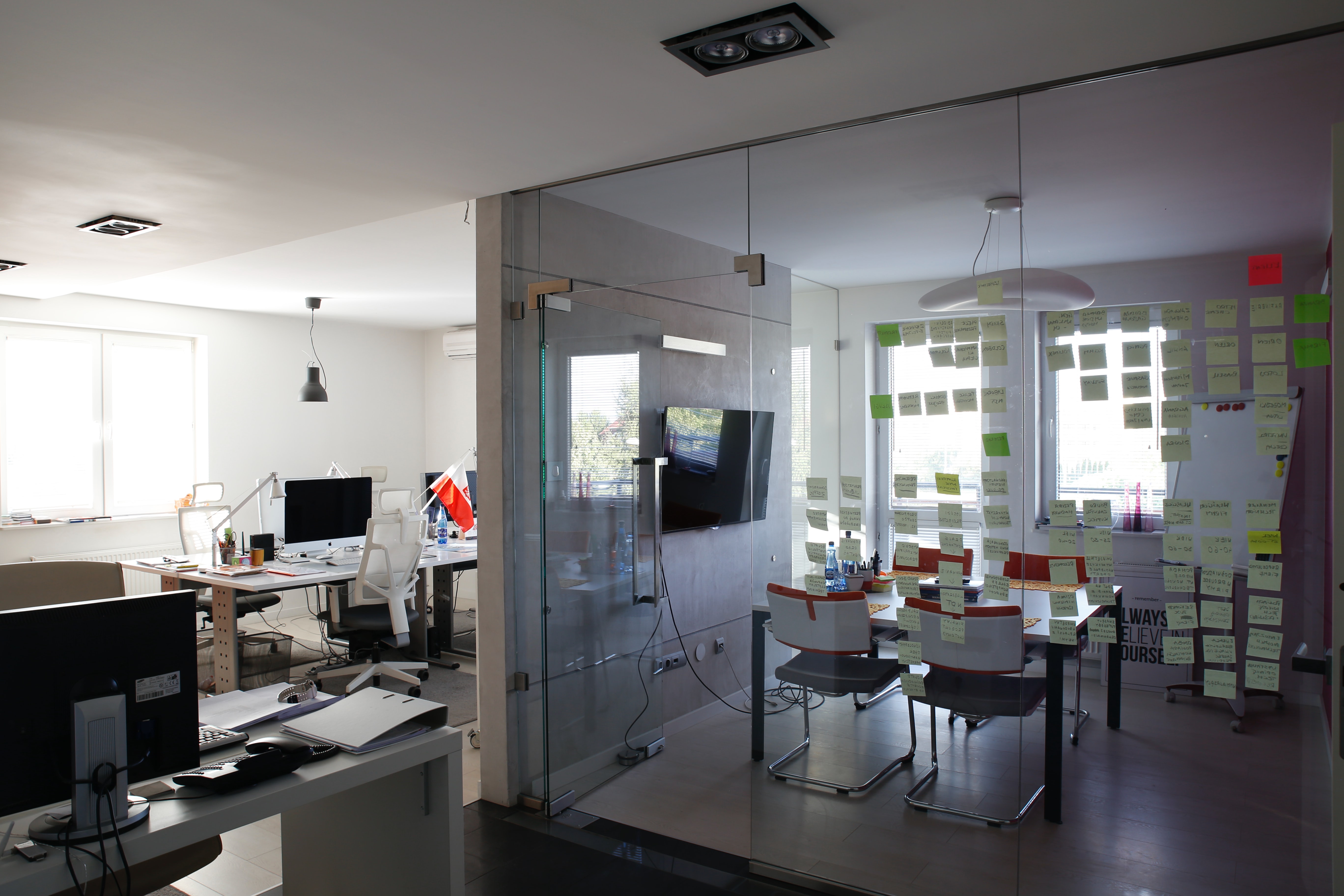
With the rise of managed remote and hybrid working, and acceleration of digital transformation, big data and artificial intelligence, it is increasingly evident that the future will bring changes to how organisations operate and job tasks are performed. While it remains to be seen how quickly and fundamental these changes will be, we can already anticipate some abilities and competences required to succeed.
Together with Mark Gantly (Adjunct Professor, NUI Galway) and Pamela Sharkey Scott (Dublin City University), we recently interviewed senior executives at more than 20 global organisations across industries to gain their insights on future organisational models. We also sought to understand what leadership competences are required for success.
Interestingly, the executives anticipated that meeting productivity targets will be doable. Indeed, most executives that we spoke to led organisations that exceeded productive targets during the most challenging times – when the creeping Covid-19 pandemic led to an unplanned mass-exodus from the office. This is good news, in that short-term operational objectives are met. However, it is also bad news in that long-term organisational success requires innovation. In fact, a key area of concern for the leaders that we spoke to was how to embed innovation into organisational models that rely more on remote working in a hybrid organisational model.

Our study also revealed with leadership principles help to embed innovation in remote teams. These two principles are connecting for collaboration and connecting for contradiction, and both are essential to create opportunities for innovation.
To connect for collaboration, leaders benefit from being exposed to new ideas from every level of the organisation. Their role then is to shepherd the most promising ideas to realisation. In the previous, office-centric organisational models, copresence in the office allowed employees to form a range of personal relationships and to participate in spontaneous conversations that supported each step of the innovation journey. In many organisations, the watercooler effect played a big role as employees would gather around the water cooler (or coffee machine for those of us who fancy a coffee) during break times and spontaneously interact. With the watercooler effect reduced, remote work and hybrid models demand leaders to pursue innovation by connecting with individuals on a planned basis. Leaders also have to cast the net widely and connect with their own remote teams, with the front line, and upwards to champion ideas and garner support.

In addition to connecting for collaboration, embedding innovation in remote work and hybrid organisational models requires leaders to connect for contradiction. This means bringing together diverse experiences, skills, and perspectives. Traditionally, spontaneously arising, perhaps random, conversations and the energy of animated debate through being in the office led to productive contradictions to spark new ideas. While technology platforms to support innovative work in an online or hybrid setting have improved, they are not yet able to replace the casual cognitive synergies and frictions that occur when being present in the same office. Our study showed that to mimic the fruitful tensions and debates for new ideas to emerge, leaders try to polarise perspectives and juxtapose difference. They also realised that they had to become more skilled in animating and managing debate to become a pivot point between different perspectives.
These insights pinpoint the reality for many leaders as of today. More broadly, these insights remind us of the critical role of human skills and human competences as the adoption of new technologies accelerates and changes business and society.
Profiles

Professor of Strategy, Leadership and Change, J. E. Cairnes School of Business and Economics, NUI Galway
To find out more about the findings of the study, please follow these links:
Which hybrid work model is best for your business? Harvard Business Review.
Driving remote innovation through conflict and collaboration. Sloan Management Review.